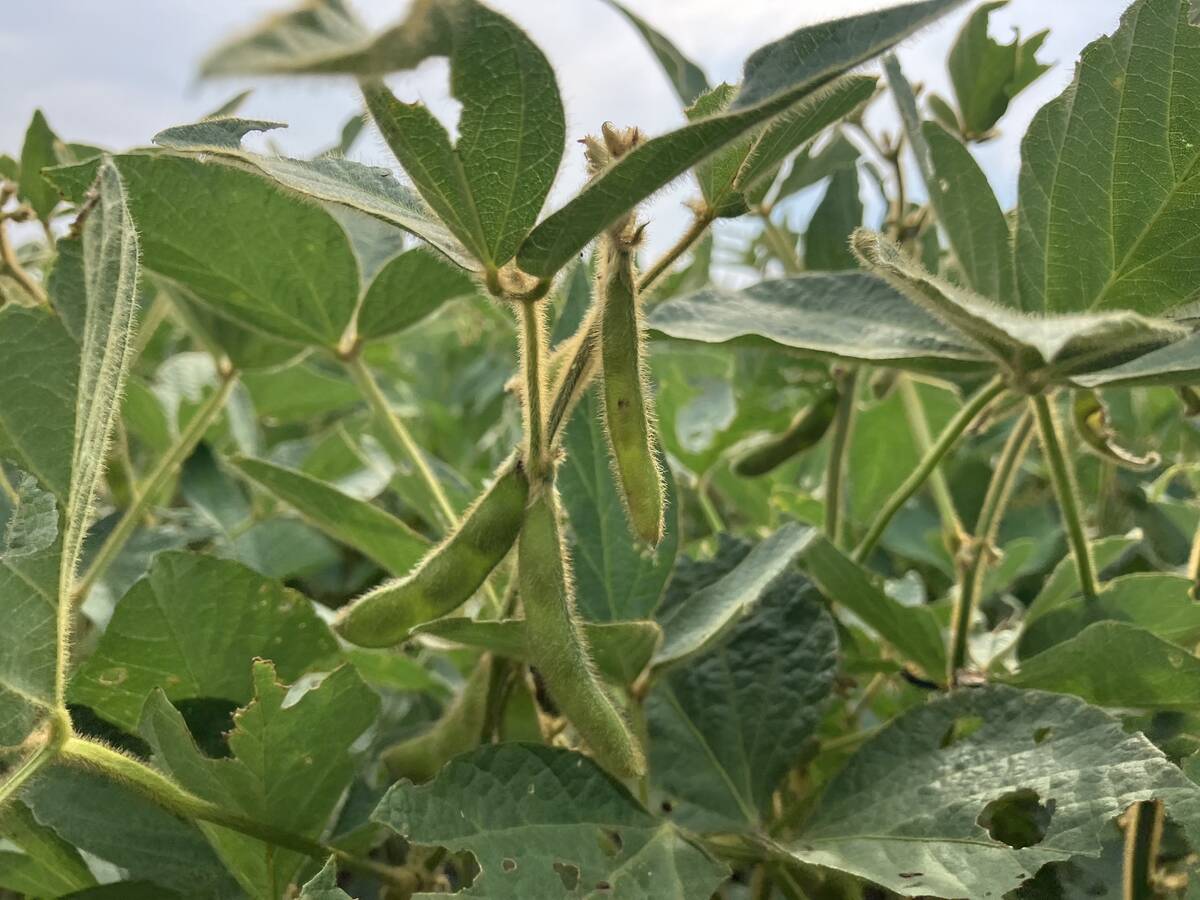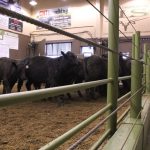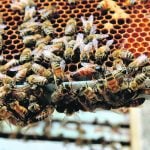Contamination feared | Forage Genetics International assured industry that RR alfalfa will be sold only in Eastern Canada, where a coexistence plan will be in place
An April 9 “day of protest” against the potential release of Roundup Ready alfalfa achieved the goals of organizers but also generated re-sponse from government and farm groups.
The protest involved gatherings outside more than 30 Conservative MP offices, which demanded that government stop the registration of genetically modified alfalfa that is now working its way through the process.
“We now see more discussion about GM alfalfa, and farmers created a platform for a voice of concern over that issue,” said Lucy Sharratt, co-ordinator of the Canadian Biotechnology Action Network, which helped organize protest events with the National Farmers Union.
Read Also

U.S. loses out on sales of soybean to China
U.S. soybean exporters risk missing out on billions of dollars worth of sales to China this year as trade talks drag on and buyers in the top oilseed importer lock in cargoes from Brazil.
“We’re interested to see the difference between vague reassurances and actual action on this issue. We’re very concerned that the minister needs to stop the registration of GM alfalfa rather than asking farmers to rely on Forage Genetics to make a decision.”
Forage Genetics International has the rights to commercialize the RR alfalfa and has confirmed intentions to use it in Eastern Canada if registration is obtained.
Most of the protests took place in Ontario, but the lone event in Sask-atchewan took place outside the North Battleford office of federal agriculture minister Gerry Ritz.
“People around the world don’t want GM products and they’re not going to buy it,” said NFU member Glenn Tait in North Battleford.
“If we have it in our own exports, we can’t get rid of it, we can’t isolate it from anything else. If we haven’t got exports, that’s going to shut down those market opportunities for us.”
Ritz said later that he recognized the right of people to protest, but decisions on GM registration must be based on sound science.
“Of course it’s farmers that will make the decision whether to grow the product or not,” said Ritz.
Federal NDP agriculture critic Malcolm Allen and Liberal agriculture critic Frank Valeriotte issued statements calling for a moratorium on approval of RR alfalfa.
Valeriotte called for more public research into Canada’s ability to segregate GM varieties from other varieties.
Grain Growers of Canada issued a release stating its disagreement with the protest and support for a science-based approach to approving new crops or traits.
Manitoba Beef Producers issued a statement along the same lines.
President Trevor Atchison said RR alfalfa is part of the larger picture that involves advancements in forage research that can benefit the cattle industry and ensure it remains competitive.
“Non-science issues, like foreign market access or public acceptance, should be left to the industry and market to address. This is not the realm for regulatory restrictions,” Atchison said in a statement.
CropLife Canada said groups involved in the protest tend to overlook the benefits of GM crops.
“It’s been shown that plant biotechnology helps farmers, it’s good for the environment and it delivers tangible benefits to consumers such as lower food prices,” said Nadine Sisk, executive director of communications for CropLife.
She said the industry has a history of stewardship and plans are underway to address concerns about RR alfalfa’s coexistence with non-GM varieties.
The Canadian Seed Trade Association is developing best management practices for that coexistence, and chief executive officer Patty Town-send said an expert panel is now working on the final details.
Mike Peterson of Forage Genetics International confirmed that the company has applied for registration, and if that proceeds, RR alfalfa will be sold only in Eastern Canada, where a coexistence plan will be in place. He said there are no plans to sell the variety in the West.

















